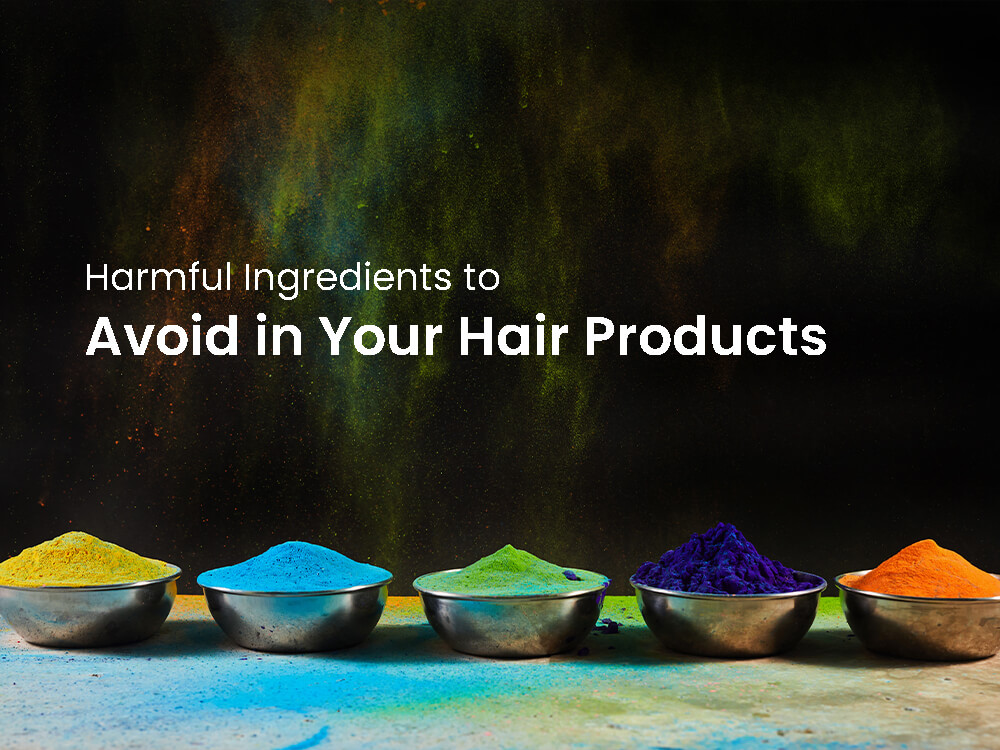
In the quest for luscious, shiny hair, we often reach for a variety of hair products. From shampoos to conditioners, serums to hair sprays, these products promise to deliver the hair of our dreams. However, not all ingredients in these products are beneficial. In fact, some can be downright harmful, causing issues like hair loss, scalp irritation, and even long-term health problems. In this comprehensive guide, we delve into the harmful ingredients you should avoid in your hair products.
The Hidden Dangers in Hair Products
Many of us use hair products daily, without giving much thought to what’s actually in them. However, a closer look at the ingredient list can reveal a cocktail of chemicals, some of which have been linked to serious health issues. These harmful ingredients can seep into our bodies through the scalp, potentially causing damage over time.
Moreover, these ingredients can also have a detrimental effect on the health and appearance of our hair. They can strip the hair of its natural oils, leading to dryness, breakage, and frizz. Some can even cause allergic reactions, resulting in an itchy, irritated scalp.
Understanding what’s in your hair products is crucial to maintaining healthy hair and overall well-being. Let’s explore some of the most harmful ingredients commonly found in hair products.
1. Sulfates
Sulfates are a common ingredient in many shampoos. They’re responsible for the foamy lather that we often associate with cleanliness. However, sulfates can be extremely harsh, stripping the hair of its natural oils and leaving it dry and brittle.
There are several types of sulfates, but the most common ones are Sodium Lauryl Sulfate (SLS) and Sodium Laureth Sulfate (SLES). Both of these can cause scalp irritation, and SLES is often contaminated with a carcinogen called 1,4-dioxane.
When shopping for hair products, look for those labeled as ‘sulfate-free’. These products will be gentler on your hair and scalp, and won’t strip your hair of its natural oils.
2. Parabens
Parabens are used as preservatives in a wide range of cosmetic products, including hair products. They prevent the growth of bacteria and fungi, extending the shelf life of the product. However, parabens have been linked to hormonal disruptions, as they can mimic estrogen in the body.
Research has suggested a potential link between parabens and breast cancer, although more studies are needed to confirm this. Nevertheless, it may be wise to err on the side of caution and avoid products containing parabens.
Look for products labeled as ‘paraben-free’. Also, be aware that parabens can be listed under various names, including methylparaben, propylparaben, butylparaben, and ethylparaben.
3. Formaldehyde and Formaldehyde Releasers
Formaldehyde is a potent preservative used in some hair products, including some keratin treatments. It’s a known carcinogen that can also cause skin irritation and allergic reactions.
Some hair products don’t contain formaldehyde itself, but instead contain formaldehyde releasers. These are chemicals that, over time, release small amounts of formaldehyde. Examples include quaternium-15, DMDM hydantoin, and imidazolidinyl urea.
Due to the health risks associated with formaldehyde, it’s best to avoid products that contain this ingredient or any formaldehyde releasers.
4. Phthalates
Phthalates are chemicals used to increase the flexibility and softness of plastics. In hair products, they’re often used to enhance the performance of fragrances. However, phthalates have been linked to hormonal disruptions, reproductive issues, and increased risk of breast cancer.
Phthalates can be difficult to spot on ingredient lists, as they’re often simply listed as ‘fragrance’ or ‘parfum’. To avoid them, look for products that are labeled as ‘phthalate-free’ or those that use natural fragrances.
5. Synthetic Fragrances
Synthetic fragrances are used in many hair products to give them a pleasant scent. However, these fragrances can contain hundreds of different chemicals, many of which can cause allergic reactions or other health issues.
Furthermore, companies are not required to disclose the specific ingredients used in their fragrances, making it difficult to know what you’re actually putting on your hair. To avoid potential issues, opt for products that use natural fragrances, or those that are fragrance-free.
6. Alcohol
While not all alcohols are bad for your hair, certain types can be very drying. These include isopropyl alcohol, propyl alcohol, and SD alcohol 40. These alcohols can strip the hair of its natural oils, leading to dryness and breakage.
On the other hand, fatty alcohols like cetyl alcohol and stearyl alcohol can actually be beneficial for your hair, providing moisture and slip. When checking the ingredient list, make sure to avoid the drying alcohols and look for the fatty ones instead.
While it can be daunting to navigate the world of hair product ingredients, being informed can help you make healthier choices for your hair and your overall well-being. By avoiding harmful ingredients like sulfates, parabens, formaldehyde, phthalates, synthetic fragrances, and certain alcohols, you can ensure that your hair stays healthy and beautiful, without compromising your health.
Remember, the best products for your hair are those that are free from harmful chemicals and packed with natural, nourishing ingredients. So, next time you’re shopping for hair products, take a moment to check the ingredient list. Your hair will thank you.







